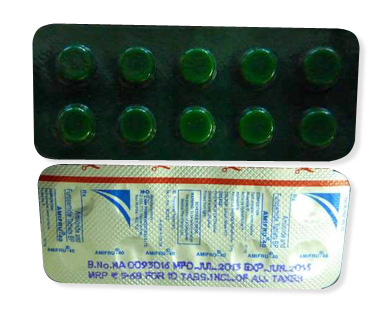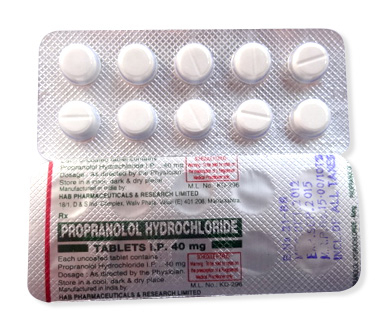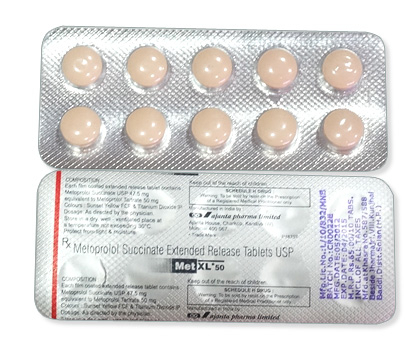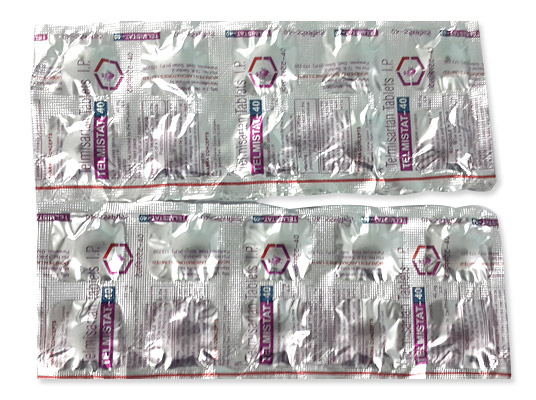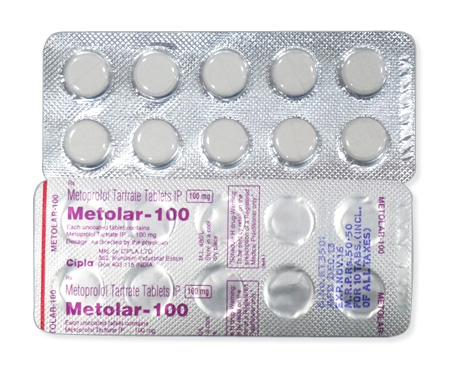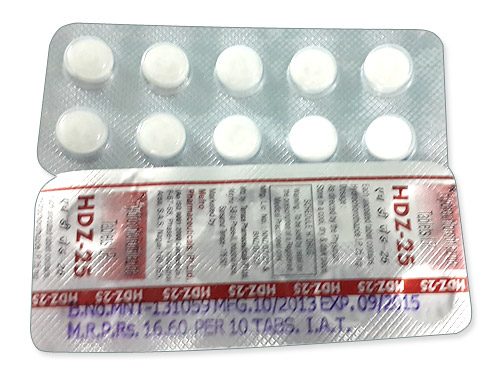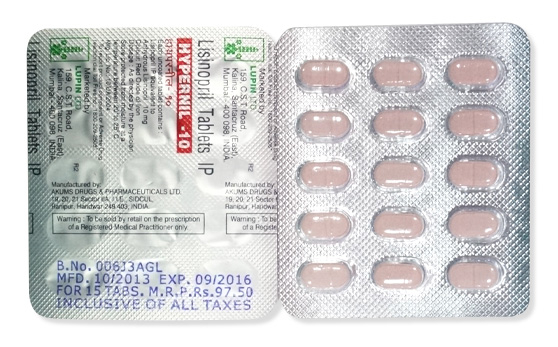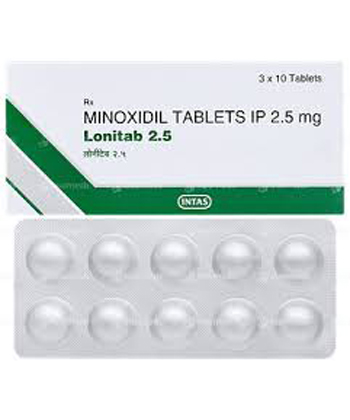Diltiazem
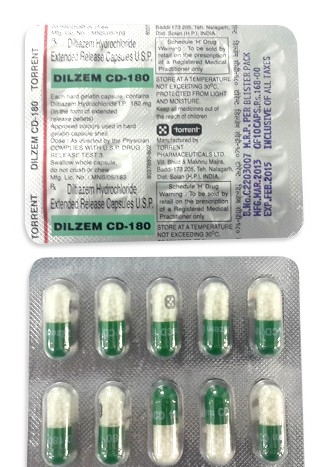
Diltiazem
- In our pharmacy, you can buy Diltiazem without a prescription, with delivery in 5–14 days to the UK and EU. Discreet and anonymous packaging.
- Diltiazem treats hypertension, angina, heart rhythm disorders, and anal fissures. It blocks calcium channels to relax blood vessels and reduce heart rate.
- The usual dosage is 120–360 mg daily for cardiovascular conditions or topical 2% cream twice daily for anal fissures.
- Forms include tablets (immediate/extended-release), intravenous injections, and topical cream.
- Onset time: Oral tablets work within 30–60 minutes, IV acts within minutes, and topical effects may take days.
- Duration of action: Immediate-release lasts 4–8 hours; extended-release versions work for 12–24 hours; topical requires 4–8 weeks of regular use.
- Avoid alcohol, as it may worsen side effects like dizziness and low blood pressure.
- Common side effects include swelling in ankles/feet, headache, dizziness, flushing, nausea, slow heart rate, fatigue, and rash.
- Would you like to try Diltiazem without a prescription?
Basic Diltiazem Information
| INN | Diltiazem Hydrochloride |
|---|---|
| UK Brand Names | Tildiem® LA/Retard, Adizem-XL® |
| ATC Code | C08DB01 |
| Forms & Dosages | Tablets: 60-120mg; SR Capsules: 90-360mg; Injection: 25mg/5mL; Cream: 2% |
| UK Manufacturers | Sanofi, Napp Pharmaceuticals, Generics |
| Registration Status | EMA-approved, NHS prescription formulary |
| Classification | Prescription-only (Rx) |
Diltiazem hydrochloride belongs to the benzothiazepine class of calcium channel blockers. This medication works by inhibiting calcium entry into heart muscle and vascular smooth muscle cells, which relaxes blood vessels and reduces cardiac workload. The primary mechanism involves blocking L-type calcium channels, decreasing heart rate and contractility while dilating coronary arteries. Approved indications include chronic stable angina, essential hypertension, and rate control in atrial fibrillation/flutter. For cardiac conditions, it helps improve blood flow to heart tissue and manages irregular heart rhythms by slowing electrical conduction through the AV node.
Pharmacokinetics and Key Interactions Explained
Diltiazem absorption varies significantly between formulations. Immediate-release tablets reach peak concentrations within 3-5 hours, while extended-release versions may take 6-11 hours. Bioavailability ranges from 40% to nearly 100% depending on formulation. The liver metabolises approximately 90% of absorbed diltiazem via the CYP3A4 enzyme pathway, with metabolites excreted renally (35%) and through bile (65%). Plasma half-life differs between formulations: 3-4 hours for IR tablets versus 5-8 hours for SR capsules.
Critical interactions requiring vigilance include:
- CYP3A4 inhibitors like clarithromycin or grapefruit juice - increase diltiazem concentrations by 50-100%
- CYP3A4 inducers including rifampicin - may reduce effectiveness by accelerating metabolism
- Simvastatin/lovastatin - elevated statin exposure causing muscle toxicity risk
- Beta-blockers or digoxin - additive effects potentially causing severe bradycardia
Dosing adjustments or therapeutic monitoring are essential when combining these agents.
Approved and Off-Label Uses: EMA/NICE Perspective
The European Medicines Agency authorises diltiazem for three primary cardiovascular conditions: chronic stable angina pectoris, essential hypertension, and ventricular rate control in atrial fibrillation/flutter. For hypertension, National Institute for Health and Care Excellence guidelines position calcium channel blockers like diltiazem as first-line options, particularly for patients over 55 or those of African-Caribbean origin.
Significant off-label usage exists for chronic anal fissures, where topical 2% diltiazem cream demonstrates efficacy in UK clinical practice. NICE acknowledges this application while noting formal approval remains pending. Special population considerations include:
• Elderly patients: Require dose reductions (typically starting at 120mg SR daily) and increased monitoring for hypotension and conduction abnormalities
• Pregnancy: Limited safety data - use only when benefits outweigh potential risks
• Paediatrics: Restricted to specialist cardiology use under strict supervision
• Lactation: Manufacturers advise against breastfeeding during treatment
Dosing Protocols and Administration Guidelines
| Condition | Initial Adult Dose | Target Maintenance | Formulation |
|---|---|---|---|
| Hypertension | 120mg once daily | 180-360mg daily | SR capsules |
| Stable Angina | 90mg twice daily | 180-360mg daily | IR tablets/SR |
| Atrial Fibrillation | IV: 0.25mg/kg bolus | Oral: 120-360mg SR | IV infusion + capsules |
Essential administration principles include swallowing extended-release capsules whole without crushing or chewing. For patients switching between formulations, equivalent dosing adjustments require medical supervision. Dose modifications are recommended for hepatic impairment - typically 50% reduction with severe liver disease. Renal impairment adjustments aren't routinely required beyond monitoring in severe chronic kidney disease. If a dose is missed, patients should take it unless nearing the next scheduled dose, never doubling to compensate. Consistent daily timing optimises therapeutic effects, particularly for extended-release formulations.
⚠️ Critical Contraindications & Potential Side Effects
Diltiazem carries serious restrictions requiring careful screening before prescribing. Absolute contraindications include:
- Sick sinus syndrome without pacemaker protection
- Second- or third-degree atrioventricular (AV) block
- Severe hypotension (<90 mm Hg systolic)
- Known drug hypersensitivity
Exercise extreme caution with certain cardiovascular conditions:
- Decompensated heart failure or reduced left ventricular function
- Wolff-Parkinson-White (WPW) syndrome with atrial flutter/fibrillation
Side effects range from common to rare but serious. Most frequent reactions:
- Ankle or leg swelling
- Headaches
- Dizziness/flushing
- Nausea or constipation
- Mild blood pressure drops
Requiring immediate medical attention:
- Heart rate dropping under 50 bpm
- Severe hypotension causing fainting
- Allergic skin reactions (including rare Stevens-Johnson Syndrome)
- Liver dysfunction signs - dark urine, yellowing skin/eyes
Regular cardiovascular monitoring remains essential particularly during initial treatment adjustments.
🗣️ Real-World Patient Experiences & Reviews
Analysing UK patient forums (Mumsnet, Diabetes.co.uk) and Drugs.com reveals recurring themes about lived experience:
Positive outcomes: Many report significant angina reduction allowing resumed physical activities. Hypertension patients frequently mention stabilised readings within weeks when doses are correctly adjusted.
Common complaints: Ankle swelling emerged as the most persistent issue, often requiring support stockings or diuretics. Cognitive impacts like "brain fog" and exhaustion affect work productivity for some. Constipation proves troublesome, needing proactive dietary adjustments.
Adherence challenges: Premature discontinuation rates remain high due to side effects. Private prescription costs (£14-£26 monthly) burden some long-term users despite NHS availability. Effectiveness variations exist - some patients cycle through multiple calcium blockers before finding their optimal medication.
Tolerability notes: Older adults report heightened sensitivity to dizziness requiring cautious dosing. Conversely, active individuals occasionally attribute fatigue wrongly to aging until dosage reductions provide relief.
⚖️ Therapeutic Alternatives & Comparison Analysis
Three calcium channel blockers serve as primary therapeutic alternatives when Diltiazem proves unsuitable:
| Drug | Class | Key Differences | Pros/Cons vs Diltiazem | Cost (monthly NHS) |
|---|---|---|---|---|
| Verapamil | Non-DHP CCB | Stronger AV node depression | Better migraine prevention | Higher constipation risk | £8.40-£16.20 |
| Amlodipine | Dihydropyridine CCB | Peripheral vessel selective | Less bradycardia | More ankle swelling | £1.90-£6.50 |
| Nifedipine | Dihydropyridine CCB | Rapid vasodilation | Faster BP control | More reflex tachycardia | £5.25-£11.75 |
UK prescribing preferences favour Amlodipine as first-line hypertension treatment due to lower toxicity risks and minimal drug interactions. Diltiazem holds advantages for angina patients requiring heart rate control. Cardiology guidelines prioritise Diltiazem or Verapamil when beta-blockers aren't tolerated.
Diltiazem Accessibility in the UK: Costs, Brands and Availability
Diltiazem requires prescription access across the UK through NHS GPs, cardiology specialists or hospital discharge programmes. Major pharmacy chains like Boots and LloydsPharmacy routinely stock both branded and generic formulations. Key UK-approved medicines include:
- Adizem-XL® (Napp Pharmaceuticals) - Extended-release capsules
- Tildiem® LA/Retard (Sanofi) - Sustained-action tablets
- Generic prolonged-release capsules stocked under pharmacy labels like LloydsPharmacy or Tesco own-brand equivalents
The NHS lists diltiazem generics pricing between £1.50 to £4 monthly (based on strength/formulation). Branded options cost marginally more. All UK-supplied versions contain equivalent active ingredient strength despite differing named brands. Typical packaging includes:
| Form | Common Packaging | Uses |
|---|---|---|
| Standard Tablets | PVC-Aluminium blister packs (28/56 count) | Short-term angina control |
| Extended-release Capsules | Plastic dispensing bottles (30/60 tablets) | Chronic hypertension management |
Demand remains consistent due to widespread NHS use for angina and hypertension. Supply disruption risks are low as multiple UK-licensed manufacturers maintain stock pipelines including Teva UK and Mylan Pharmaceuticals.
Cutting-Edge Diltiazem Research and Development Directions
Recent UK clinical investigations focus on expanding diltiazem's therapeutic applications beyond conventional cardiovascular indications:
- Microvascular angina treatment: Phase-4 trials at London teaching hospitals investigate symptom improvement in refractory chest pain patients (closing 2024)
- Improved extended-release formulations: Ongoing development of once-nightly dosing models showing 24-hour stability benefits
- Secondary prevention studies: Meta-analysis published in The Lancet (2023) confirms protective benefits against recurrent heart events with CCB maintenance therapy
Patent exclusivity expired across Europe in 2002 enabling robust NHS pricing through generic competition. No novel molecular derivatives currently expect imminent marketing authorisation suggesting existing formulations will dominate UK care pathways for foreseeable future.
Laboratory-stage investigations explore topical applications for diabetic neuropathy and Raynaud's phenomenon though UK clinical translation remains uncertain pending trial outcomes. Current nation-wide prescribing guidance prioritises established first-line hypertension and angina applications.
Common UK Patient Questions About Diltiazem Use
What should I do if I forget my morning dose?
Take it as soon as remembered unless approaching evening dose time. Never double doses to compensate - skip completely if next dose due within 4 hours. Consistently missed doses require pharmacist discussion.
Can diltiazem make me unfit to drive?
Possible drowsiness/dizziness occurs, especially initially. Avoid driving until understanding individual response. Report concerning symptoms through DVLA medical questionnaires if holding vocational licences.
Are food restrictions necessary with diltiazem?
Standard formulations tolerate light meals. Avoid grapefruit completely which dangerously amplifies drug levels. Moderate caffeine (2-3 daily coffees) remains acceptable unless palpitations occur.
Does NHS funding cover long-term prescriptions?
Yes - included under Medicine Extra Help scheme. Prescription Prepayment Certificates (£111.60 annually) maximise savings over individual charges.
What storage conditions prevent tablet degradation?
Keep containers sealed at room temperature (15-25°C), avoiding bathrooms/kitchens. Retain pills in original packaging until use - transfer to pill organisers risks moisture damage.
Key Recommendations for Safe and Effective Diltiazem Use
Maximise treatment benefits while minimising risks through consistent medicinal practices:
- Timing precision: Take doses near exact intervals daily - setting phone reminders assists habit formation
- Tampering avoidance: Never crush, chew or split extended-release forms - swallow capsules whole preserving controlled drug release
- Food safety consciousness: Maintain reliably moderate caffeine habits and completely avoid grapefruit products
- Symptom vigilance: Monitor ankle swelling, dizziness or persistent fatigue signalling potential adverse reactions needing clinical review
Always consult accompanying Patient Information Leaflet (PIL) before administration and report suspected side effects immediately via MHRA Yellow Card Scheme. Retain medicines out of sight from children using consistent cupboard storage.
Attend scheduled blood pressure checks - most pharmacies provide NHS Hypertension Management appointments enabling access without GP bottlenecks. Report medication changes from other prescribers to enable interaction screening.

